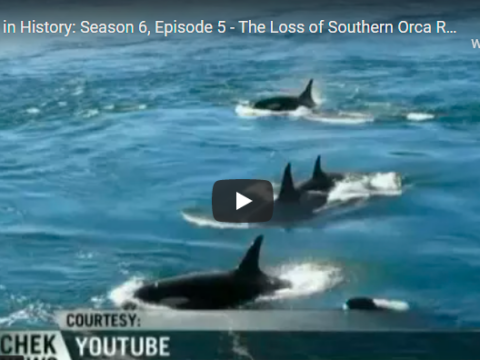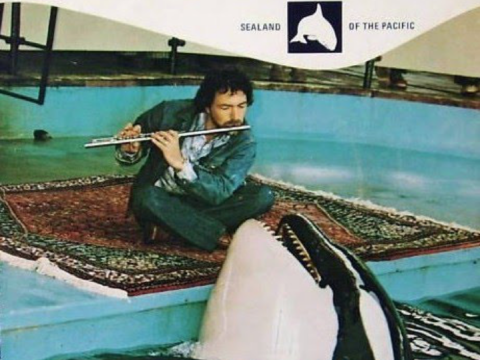Orcas
How do human attitudes and actions affect orcas?
(feature image by Matt Whelan)
Humans have long been fascinated with the orca, one of the ocean’s most powerful predators. The name “orca” comes from the species’ scientific name, Orcinus orca. Around the world, some people have feared orcas, even referring to them as “killer whales.” But human experience and science have also found these animals to be highly intelligent and empathic, like us.
One of the most widespread mammals on the planet, orcas are found in all oceans and most seas from the tropics to the polar waters. They live in close-knit communities known as pods, made up mostly of females and their offspring. The structure of the groups is matriarchal; the oldest female leads her pod and shares her wisdom.
On the west coast of British Columbia there are three different types of orcas: Transient (also known as Bigg’s orcas), Off-Shore and Resident. As apex predators, they do not have a natural predator, which makes human activity the main threat to their survival. Overfishing and water and sound pollution have serious impacts on their health. The Southern Resident orca population is endangered.
Orcas are embedded in human culture. From the screen to aquariums, mass media has shown the world the beauty of this species and how human behaviour controls their fate. There is so much more for us to learn about orca culture and what they need to survive. By protecting the whales, we in turn protect our shared future on our shared planet.



